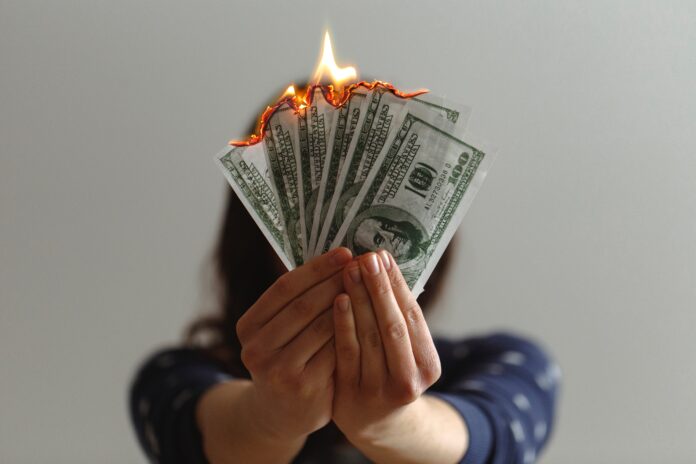Spending beyond your means can quickly blow your paycheck. You know how it goes – you only planned to buy what’s absolutely necessary, but by the end of the month you’ve spent way more than you should have. Follow these four simple rules to curb your overspending habit.
- Keep Track of Every Expense
Even little expenses can add up to a lot of money over the course of a month, so keep track of every single expense, even if it’s only a few dollars. Include items that you pay for by cash, debit, or credit – don’t leave anything out. Create a detailed, itemized list so you can see exactly where your money is going.
- Don’t Treat Credit Like Money
If you have the tendency to rack up a ton of purchases on your credit card every month – stop! Credit isn’t money. Items you put on a credit card can cost you so much more than you thought they would, causing you to spend way beyond your means. With an average annual interest rate of 16 percent, those interest charges can quickly pile up. Pay in full whenever possible.
- Set Spending Priorities
Always spend on your essentials first – rent or mortgage, food, clothing, utilities, travel, medical, personal care, and so on. Near the end of the month, only after these things have been paid for, should you consider spending on any extras. This will keep you from spending most of your paycheck before you have what you really need, helping you to avoid needless financial stress.
- Save Something Every Month
Set a goal to save something every month, even if it’s just $20. A great way to do this is to arrange automatic deposits into a savings account via your bank or employer. Once the money is deposited, let it sit and accumulate. And, if you have some bonus money, put that in your savings account too. You’d be amazed at how much extra money you can save up in a few years. You can use this as a nest egg, so you’ll have something to fall back on if needed.
Checking your bank account shouldn’t make you feel like you’re drowning. Stick to these spending rules, and you’ll be surprised how much more money you can have in the bank.
Story Credit: [email protected]
Photo Credit: Jp Valery/Unsplash



































